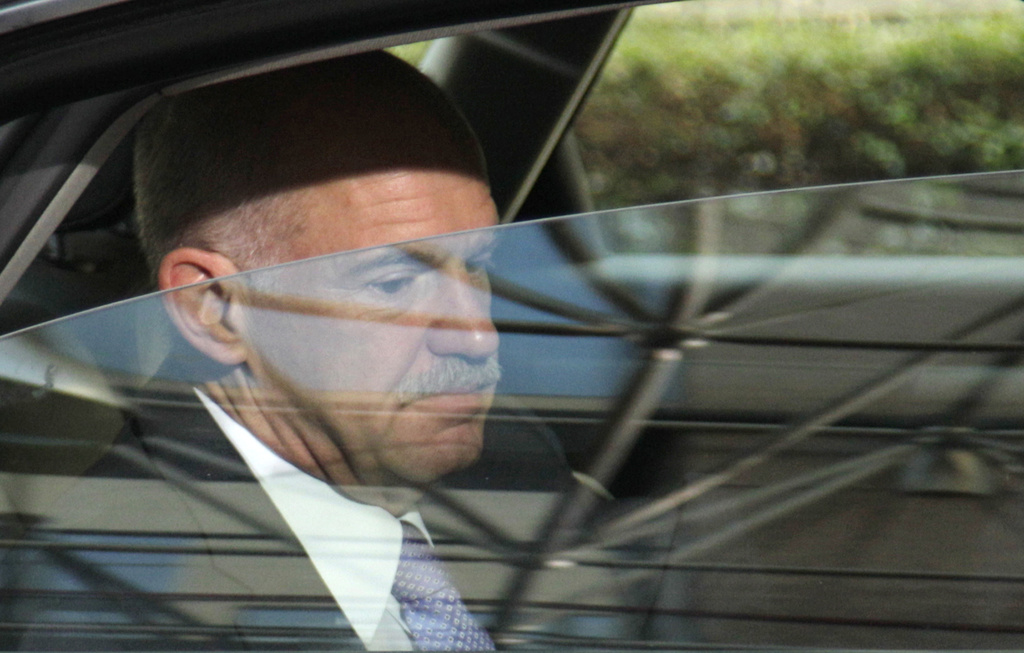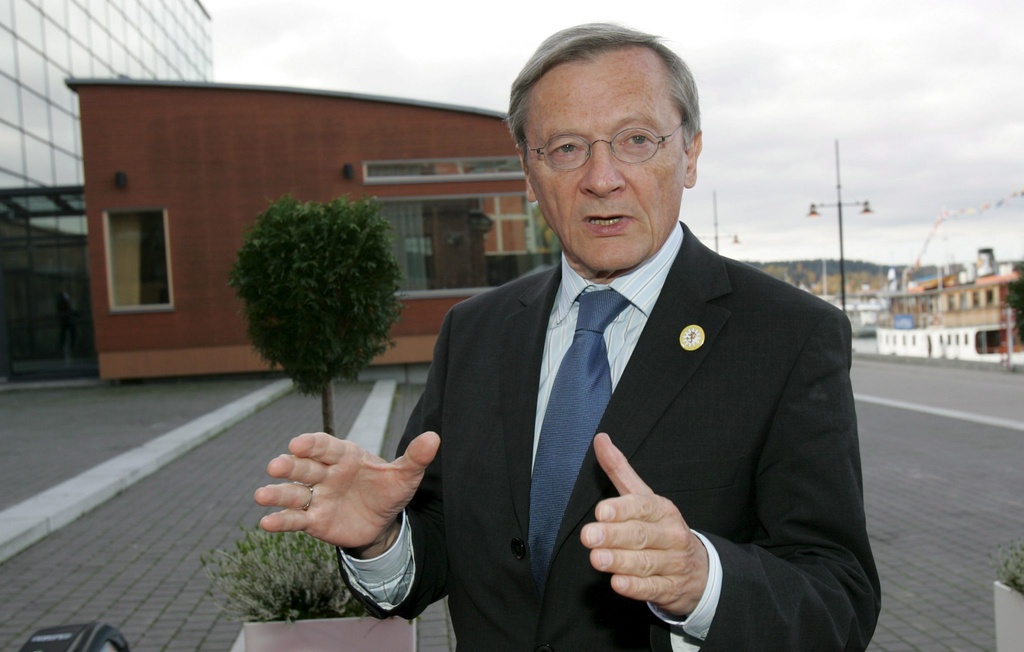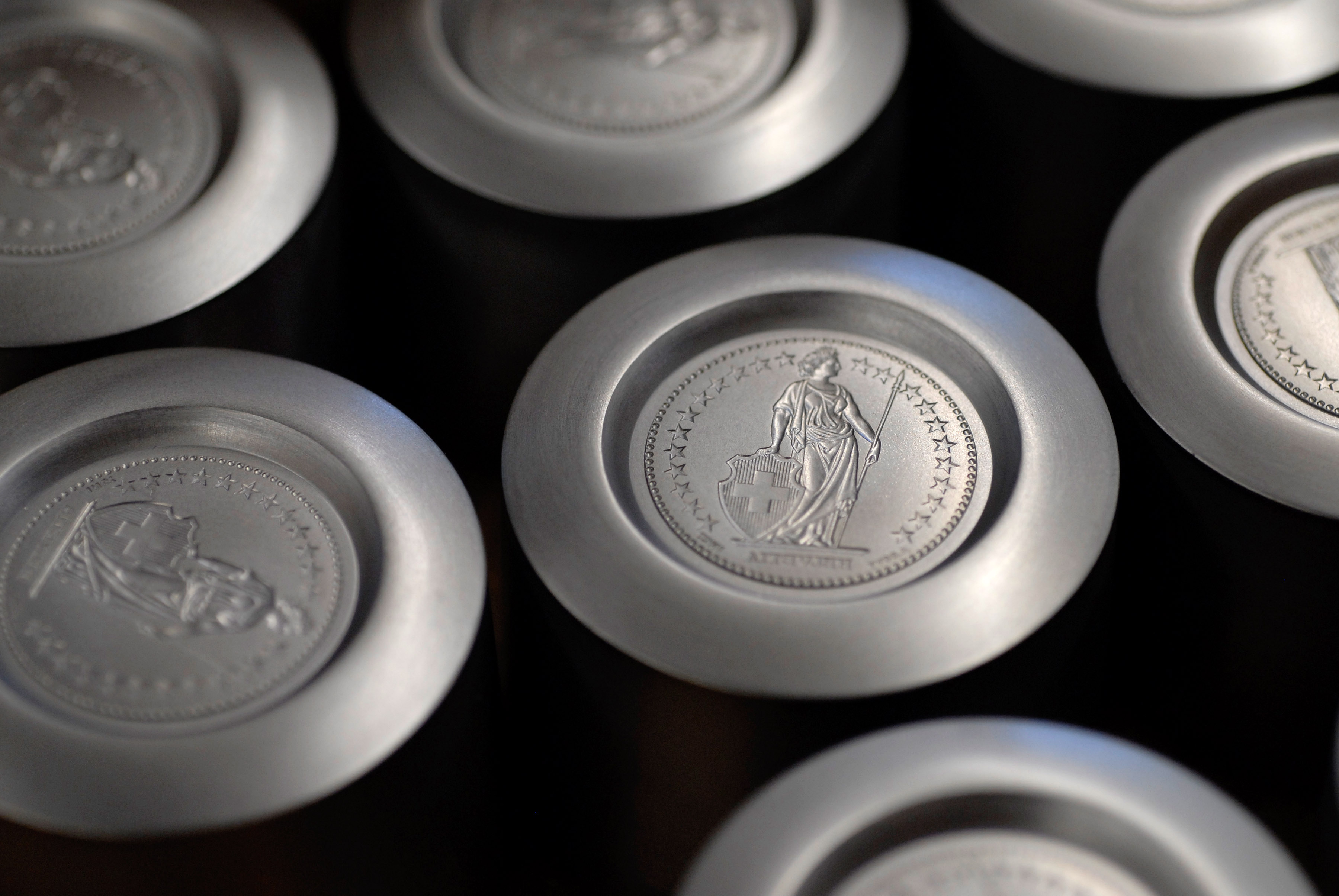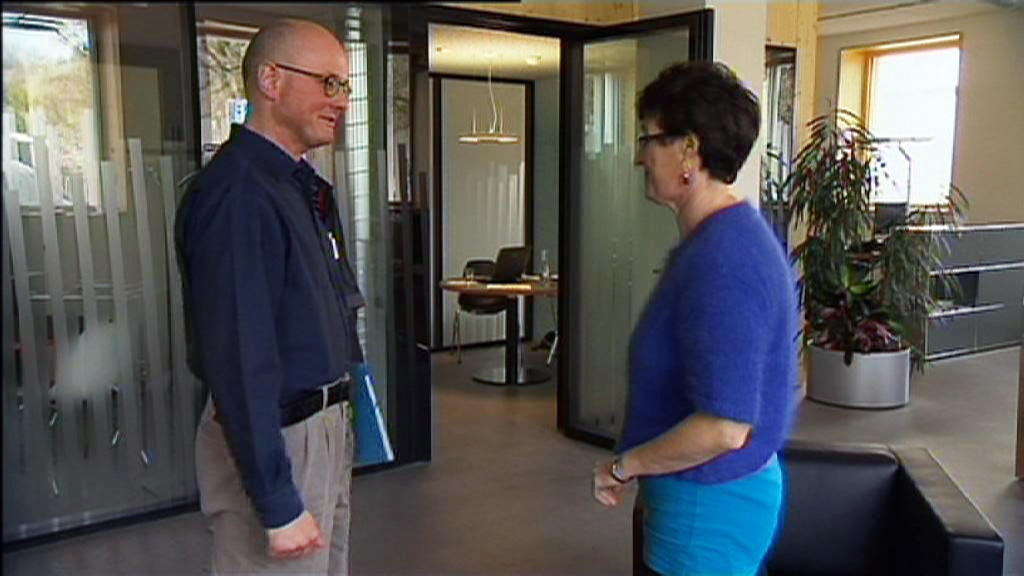Swiss press give Greece deal cautious welcome

The Swiss media have hailed the “taboo-breaking” deal made by eurozone leaders to grant Greece a massive new bailout, but have flagged up problems.
They see Greece – and the economic future of the eurozone – as still unstable despite the deal.
Eurozone leaders announced the Greece deal in Brussels on Thursday evening, as well as measures to radically reshape the currency union’s rescue fund, allowing it to act pre-emptively when crises build up.
The 17 eurozone countries and the International Monetary Fund said Thursday they would give Greece a second bailout worth €109 billion (SFr129 billion), on top of the €110 billion granted a year ago.
Banks and other private investors will contribute some €50 billion to the rescue package.
“For the first time since the beginning of this crisis, we can say that politics and the markets are coming together,” said European Commission President Jose Manuel Barroso.
Taboos
The Swiss media were also positive on Friday: many headlines pointed to how Europe had come together, with Le Temps underlining how it had taken almost 24 hours of negotiations for a “general mobilisation to rescue Greece”.
The tabloid Blick called the decision a “a ray of light in the debt crisis”. “The Europeans have broken taboos, especially the strong states have swallowed their pride,” it said.
Blick, along with other newspapers, welcomed the reshaping of the currency union’s rescue fund, the European Financial Stability Facility (EFSF), to pre-empt future crises.
But it warned: “The debt crisis is not yet over and the Swiss franc remains a safe haven under revaluation pressure”.
Would Greece be able to free itself from its debts, even with the help of the private sector, wondered the tabloid. Many newspapers also highlighted the risk of Greece becoming the first eurozone country to default on payment.
“Even if the French-German deal saves the euro for the time being, it won’t stop Greece from avoiding bankruptcy,” added French-language La Liberté.
The Tages-Anzeiger’s commentator also referred to Thursday’s decisions as breaking a taboo, even if they could have been made a year earlier.
For its fellow Zurich paper the Neue Zürcher Zeitung, the addition of the private sector to the deal was particularly important, as this had long been avoided in political circles.
Germany and France
Several newspapers looked at the role of Germany and France.
The Tages-Anzeiger decided that everyone was a winner: Germany’s Angela Merkel because she had ensured that the package was not just to be borne by taxpayers, and France’s Nicolas Sarkozy because his vision of an economic union had come a step closer.
“At the same time the euro emergency parachute is being built up into a kind of European Monetary Fund,” he wrote. “Even if it comes a bit late, the eurozone is finally preparing itself against attacks from speculators.”
But some newspapers felt Germany had let the side down. “Merkel, who had the political stature to take Europe’s fate in hand, showed herself on several occasions to be too timid,” said the Italian-language La Regione di Ticino.
Both France and Germany had showed “egoism” which had slowed decisions down, it added
The future
The NZZ also picked up on the point about economic union, saying that the politicians and lobby groups in Brussels had made “a further step in the direction of a stronger collectivisation of debts, credit worthiness and responsibility in the eurozone and in the EU”.
But the writer also cautioned that it could not yet be predicted how many EU countries would need saving in future and by how much. Having more indebted countries than stronger ones could bring instability to the EU, he said.
And he saw an even bigger problem in that people could get used to the EU being “a special economic zone” with special conditions.
It was left to Blick to sum up the future for the eurozone countries: “The Herculean task is still before them”.
The eurozone countries and the International Monetary Fund will give Greece a second bailout of €109 billion, on top of the €110 billion granted a year ago.
Banks and other private investors will contribute €50 billion until 2014 by either rolling over Greek bonds that they hold, swapping them for new ones with lower interest rates or selling the bonds back to Greece at a low price.
The latest Greek bailout by the 17 eurozone governments and the International Monetary Fund is part of a comprehensive package to shore up the single currency unveiled on Thursday.
The deal on involving private creditors is widely expected to be considered a “selective default” by the ratings agencies, making Greece the first euro country to ever be in default, if only for a short period of time.

In compliance with the JTI standards
More: SWI swissinfo.ch certified by the Journalism Trust Initiative






You can find an overview of ongoing debates with our journalists here. Please join us!
If you want to start a conversation about a topic raised in this article or want to report factual errors, email us at english@swissinfo.ch.